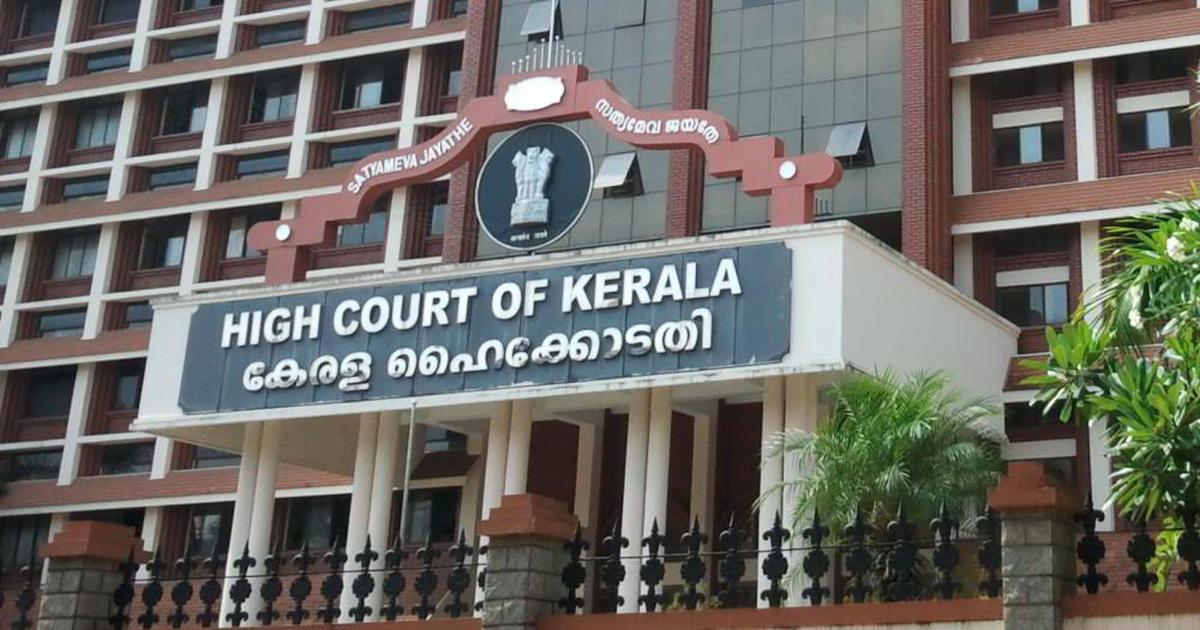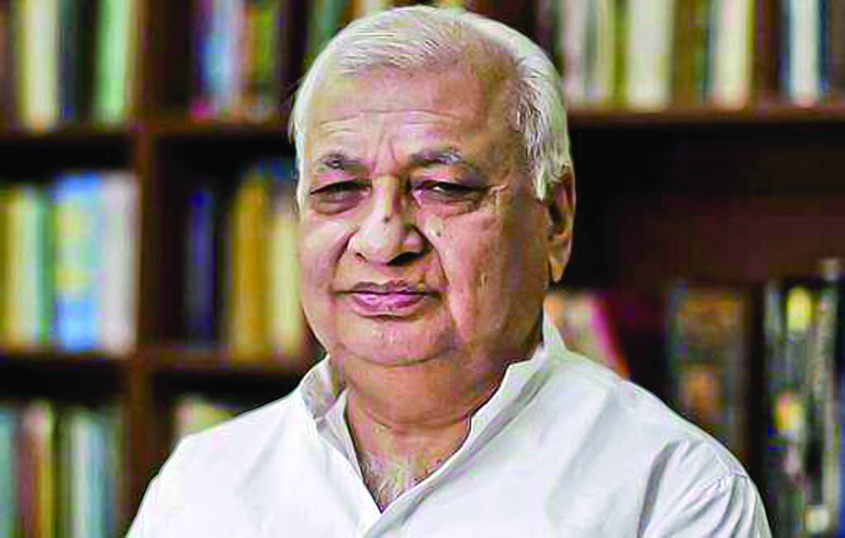By: Priyanka Agarwal

The Kerala High Court on Friday, quashed the order of suspension passed by the Chancellor of the APJ Abdul Kalam Technological University, Arif Mohammad Khan. By using the powers provided by Section 10(3) of the APJ Abdul Kalam Technological University Act, 2015 (hereinafter referred to as ‘the Act’), the Chancellor had suspended the operation of two resolutions passed by the syndicate of the University and the Board of the University. The Chancellor also happens to be the Governor of the State.
One resolution was regarding establishment of the ‘Syndicate Standing Committee on University Administrative Affairs’ to give administrative support to the Vice Chancellor and Registrar and, the other resolution was concerning resolution by the Board of the University, deferring the implementation of certain transfer orders of the employees.
According to Section 10(3) of ‘the Act’, the Chancellor has the power to suspend or modify the decisions made by the administrative authority or such other officers of the University, if in the opinion of the Chancellor they are not in conformity with the Ordinance, Statues, Ordinances or Regulations or is against the interest of the University. But before passing any such order the Chancellor shall receive a report in writing by the Vice-Chancellor and also grant an opportunity to show-cause as to why such a decision should not be amended or suspended. After show cause is shown it will be considered by the Chancellor and necessary action shall be taken only after consultation with the Government, that decision shall be final.
It was contended by the petitioner, who is a member of the syndicate of the University, represented by Advocates Lakshmi Ramadas and others, that while passing order of suspension, the Chancellor did not grant the opportunity of show-cause and arbitrarily passed the impugned order.

However, the respondent, represented by Advocate S. Prasanth, contended that resolutions passed by the Board were grossly illegal and required immediate action for suspension. It was also contended that, even though no show-cause opportunity was given before passing the orders, Section 10(3) of the Act puts no bar to grant the opportunity to show-cause order after action of suspension has been taken.
Justice Satish Ninan, while relying on previous judgements of the Hon’ble Supreme Court, like OPTO Circuit India Ltd. v. Axis Bank & Ors. (2021) various others, did not agree with the contention of the respondent that opportunity to show-cause can be given post the suspension order. He interpreted Section 10(3) of the Act and stated that it clearly stipulates that opportunity to show cause is to be given ‘before making any such order’.
He said that “where the law prescribes a thing to be done in a particular manner and following a particular procedure, it shall be done in the same manner following the provisions of law, without deviating from the prescribed procedure”.
Thus, the order of the Chancellor was quashed because the statutory prescription of grant of opportunity of show-cause was not complied with and hence, the writ petition I.B. Satheesh M.L.A. v. The Chancellor, APJ Abdul Kalam Technological University & Ors. 2024 LiveLaw (Ker) 141 was allowed.













